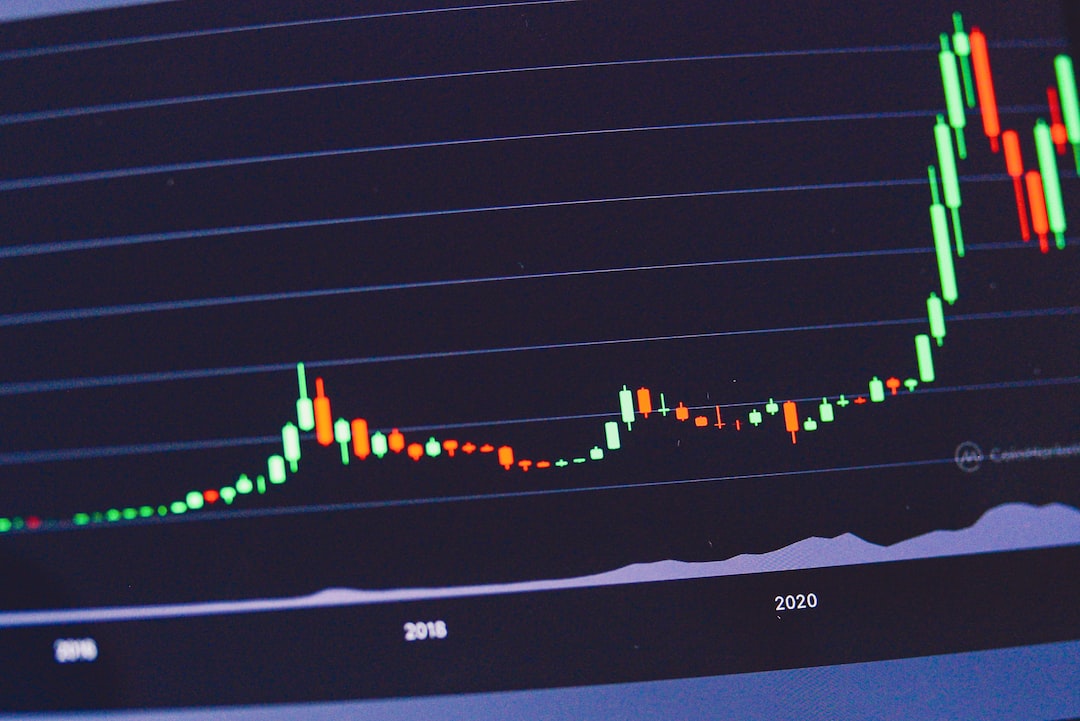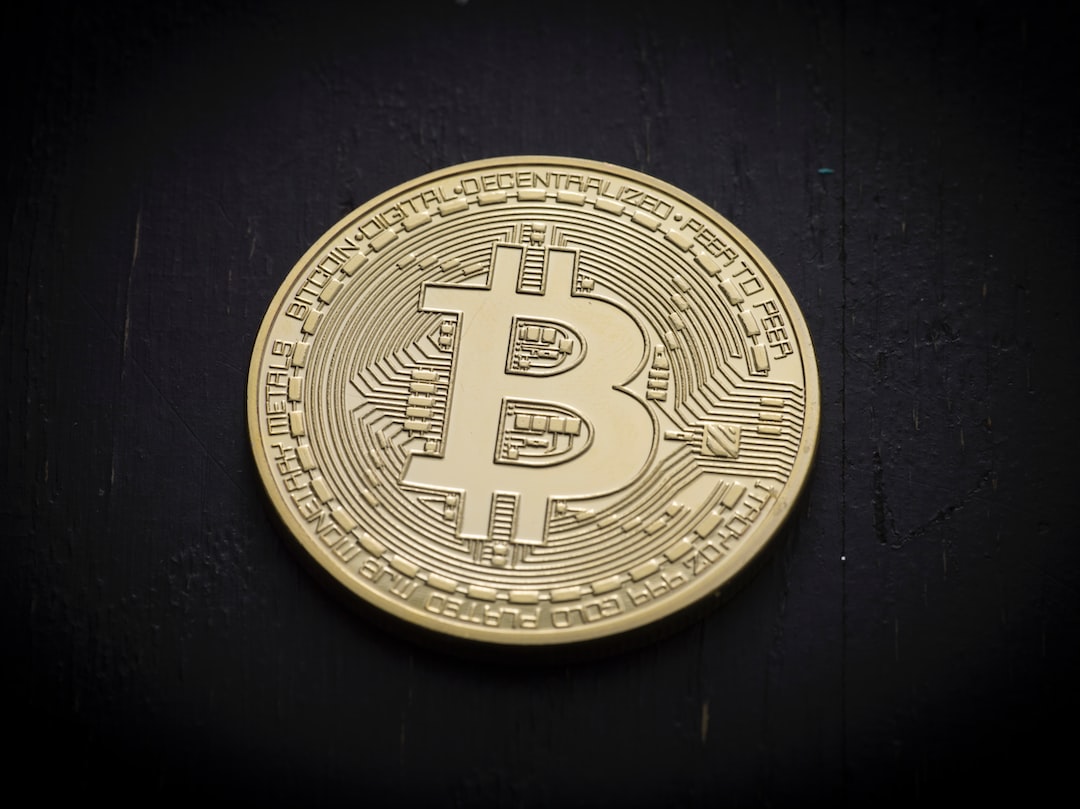The South Korean National Assembly’s Crypto Activities
Between May 30, 2020, and May 30, 2023, members of the South Korean National Assembly purchased crypto assets worth 62.5 billion won (approximately $48 million) and sold crypto assets worth 63.1 billion won (approximately $48.6 million). This has prompted increased scrutiny and regulation of crypto activities among politicians in South Korea.
Nearly 6% of National Assembly Members Own Crypto
An investigation conducted by the Anti-Corruption and Civil Rights Commission revealed that the number of South Korean National Assembly members owning crypto assets has risen. In 2022, only 8 members owned 24 different types of crypto assets. However, by 2023, the number had increased to 17 members holding 107 types of crypto assets, accounting for nearly 6% of all National Assembly members.
The investigation involved 36 domestic virtual asset service providers and was carried out in collaboration with relevant agencies.
Bitcoin Dominates Trading Activity
During the investigation period, Bitcoin (BTC) was the most traded crypto asset among the National Assembly members. They purchased a total of $48 million worth of crypto assets and sold $48.6 million worth of crypto assets from 2020 to 2023.
However, there were discrepancies in the data provided by some members of the National Assembly.
New Bill Requires Disclosure of Crypto Holdings
In May 2023, the South Korean National Assembly passed a bill mandating lawmakers to disclose their crypto holdings. This decision came after allegations of suspicious crypto trading involving opposition politician Kim Nam-kuk. The aim is to ensure transparency and accountability among politicians regarding their involvement in cryptocurrencies.
Hot Take: South Korean National Assembly Members Engage in Significant Crypto Trading
The recent investigation into the crypto activities of South Korean National Assembly members has revealed a substantial level of engagement with cryptocurrencies. With nearly 6% of members owning various types of crypto assets, it is clear that digital currencies have gained popularity among politicians in the country. The passage of a bill requiring disclosure of crypto holdings demonstrates the government’s commitment to transparency and regulation in the crypto space. As South Korea continues to ramp up its efforts for crypto regulation, it will be interesting to see how these developments shape the future of cryptocurrencies in the country.





 By
By
 By
By
 By
By


 By
By